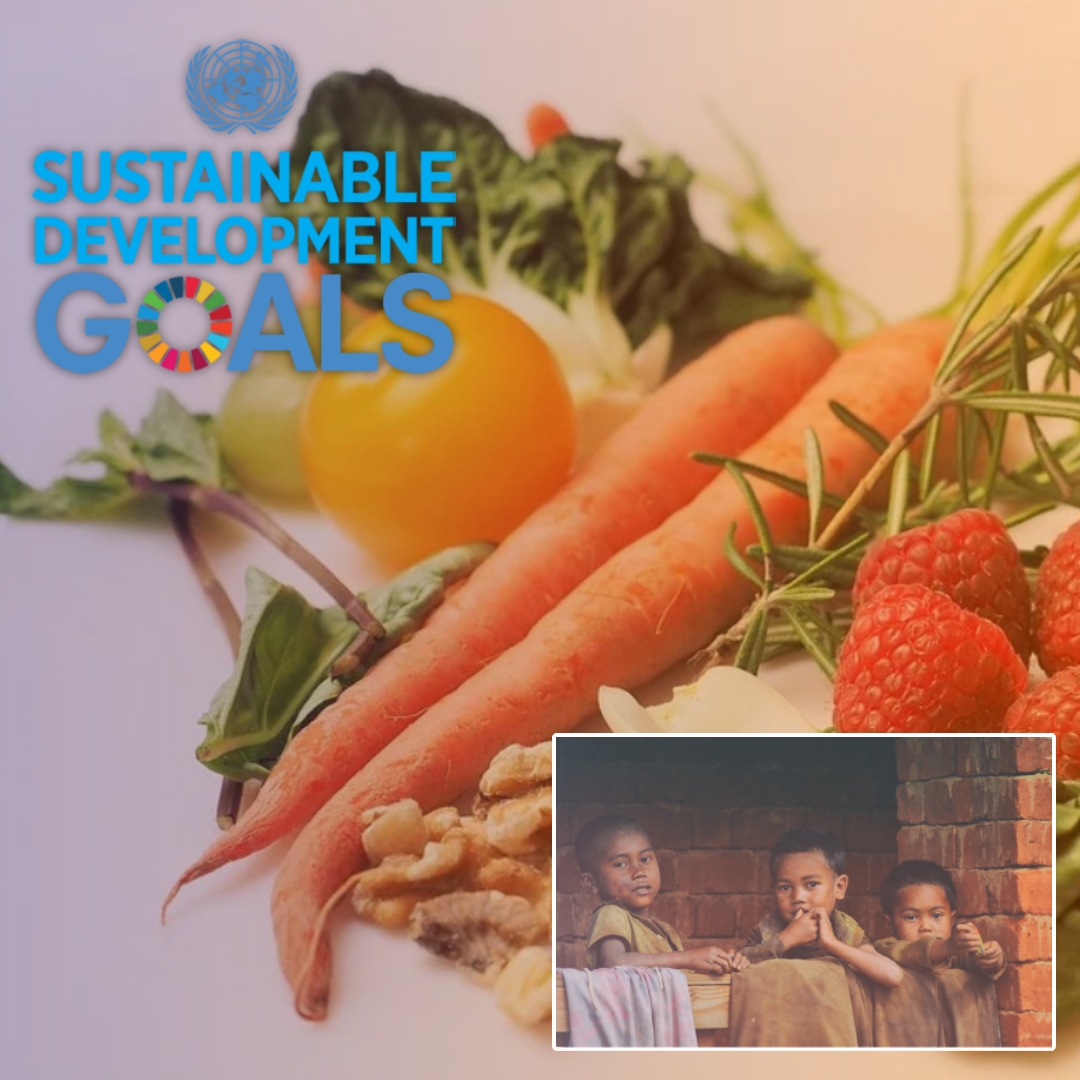Identifying Solutions To Hunger And Malnutrition In India
Writer: Centre for Responsible Business (CRB)
We enable the change, help businesses and governments to be more responsible and ethical by adapting sustainable practices.
India, 6 March 2022 10:59 AM GMT | Updated 6 March 2022 11:02 AM GMT
Creatives : Ankita Singh |
A literature lover who likes delving deeper into a wide range of societal issues and expresses her opinions about the same. Keeps looking for best-read recommendations while enjoying her coffee and tea.
Guest Author : Centre for Responsible Business (CRB)
We enable the change, help businesses and governments to be more responsible and ethical by adapting sustainable practices.
Despite strong constitutional provisions, legislative policy, plan and programme commitments, India has struggled to reduce undernutrition and micronutrient deficiency diseases.
Nutrition and eradicating hunger are central to the Sustainable Development Goals (SDGs) 2030 development agenda. Despite strong constitutional provisions, legislative policy, plan and programme commitments, India has struggled to reduce undernutrition and micronutrient deficiency diseases.
This is evidenced by the fact that in 2021, Global Hunger Index, India ranks 101st out of the 116 countries with sufficient data to calculate 2021 GHI scores. With a score of 27.5, India has a level of hunger that is serious. India trails behind its South Asian neighbours Pakistan, Bangladesh and Nepal. In addition to this, India is home to almost one-fourth of the world's chronically undernourished people (195 million undernourished). Coupled with the fact that 4 out of 10 children in India do not meet their full potential due to chronic undernutrition or stunting, it is evident that SDG 2 – Zero Hunger cannot be achieved globally unless it is achieved in India.
Addressing the issue of hunger requires coordination and concerted efforts from a host of stakeholders including the public and the private sector. In this context, the Centre for Responsible Business (CRB), United Nations World Food Program (UNWFP) and Cargill India have collaborated to address the issue of malnutrition and SDG2 in India. The project, 'Poshan Pehal aur Pragati' seeks to address Nutritional Security in India by aligning with the priorities of the POSHAN Abhiyan. The project does so by engaging the public and the private sector to collaborate and find ways to co-create possible approaches to address the goal of improving the nutrition intake in the first 1,000 days of a child's life starting from conception till two years after birth by improving the nutritional quality of
Take-Home Ration (THR) served to children, pregnant and lactating mothers in Rajasthan. The project is working by taking a multi-front and multi-stakeholder approach providing information on nutrition, access to quality nutrition, product innovation, targeting micronutrient deficiencies and innovative collaborations and partnerships at the community level. The programme identifies the private sector as an important stakeholder in enhancing and strengthening the efforts on the delivery of SDG 2 and national nutrition targets.
Some of the key objectives of the project include developing and scaling business models for private sector engagement as well as documenting findings and distilling learnings for evidence- based policy and systemic recommendations. To take the work of this project forward, CRB, WFP and Cargill are proud to announce the Nutrition Innovation Mini-Challenge. This challenge aims to identify scalable solutions that will contribute towards creating an enabling environment for nutrition-seeking behaviour using innovative and inclusive approaches. Along with providing seed funding, this challenge will also provide mentorship to the selected applicants to help enhance their potential to successfully implement and scale their ideas. The finalists will be mentored to develop innovative ideas that will look at enhancing the role of the private sector and support responsible business models.
The Challenge will identify three local private sector-led initiatives contributing towards promoting nutrition-sensitive and nutrition-specific environment through innovative interventions, including community mobilisation activities, mass media for awareness creation, technology-enabled solutions that strengthen market linkages, impactful solutions to access information on nutrition, and capacity building initiatives tailored to meet the nutrition needs of children (up to 3 years), pregnant and lactating mothers in Rajasthan. The Challenge will serve as an incubator for the select private sector actors, helping them design and develop responsible business and revenue models, strengthen their management skills, and link them up with institutions/initiatives for scalability or replicability.
Also Read: 'Hero To The Rescue': Swiggy Delivery Man Offers Petrol From His Bike To Stranded Strangers
 All section
All section
















